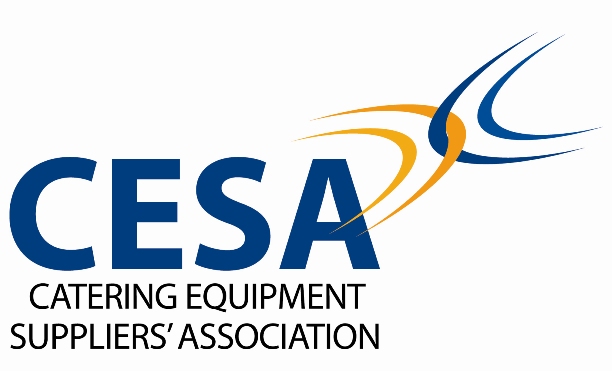CESA says members are 100% compliant and agrees with Topten.eu’s call for more monitoring.
There’s good news and bad news in Topten.eu’s analysis of the catering refrigeration market since the introduction of Minimum Energy Performance Standards, says CESA. But the Association warns ‘non-compliant’ manufacturers to get their energy labelling act together – or learn to enjoy prison food!
Topten.eu is the respected quango, linked to the EU Commission, that monitors the implementation of EU regulations. Recently it published an overview of the Professional Refrigerated Storage Cabinets (PRSCs) market, which is the sector covered by MEPS and the Energy Labelling and Ecodesign Directives.
The good news is that, in the period since the directives were introduced in July 2016, there has been a significant shift in energy efficiency, with a drop in the number of models rated as ‘D’ and an increase in those rated ‘C’. This has led to the average energy index (EEI) dropping from 63% to 59% over the 12 months to September 2017 (the smaller the figure, the more energy efficient the ‘average’ model is).
However, Topten.eu also found that some manufacturers are lagging behind in their energy labelling product declaration. It visited 23 manufacturers’ websites, finding that 56% of 1,914 models checked were not compliant, since the energy label was not clearly displayed.
“Our refrigeration supplier members have invested heavily, not only in developing more energy efficient models, but also in paying for the tests that are required to achieve an energy label rating,” says Keith Warren, director of CESA. “Manufacturers who are ignoring the regulations are saving a fortune and thus giving themselves a totally unfair competitive advantage. They are also in breach of the law.”
Topten.eu acknowledges that there were ‘grey areas’ in terms of product definition. However, the quango calls on the authorities to monitor the situation more carefully, to force those manufacturers who are ignoring regulations to comply, since this is the only way buyers can make informed decisions.
“The whole point of the regulations is to give buyers the chance to compare the energy efficiency of different products by creating a level playing field,” says Warren. “CESA absolutely supports Topten.eu’s call for effective monitoring.”
Anyone finding evidence of non-compliance can report it to DECC (the Department of Energy and Climate Change). The Topten.eu document, called ‘Declaration overview of storage refrigerators,’ has already been circulated to CESA members. Copies are available to download from the CESA website or can be obtained direct from the CESA Secretariat.

